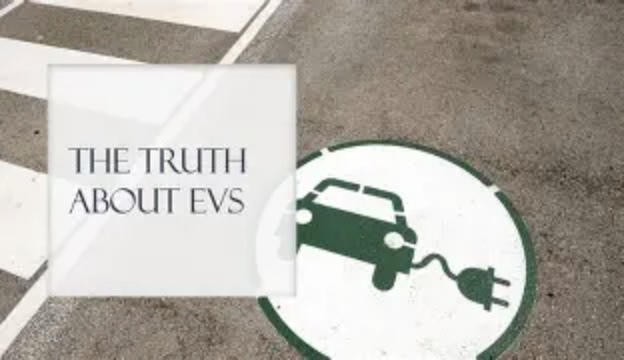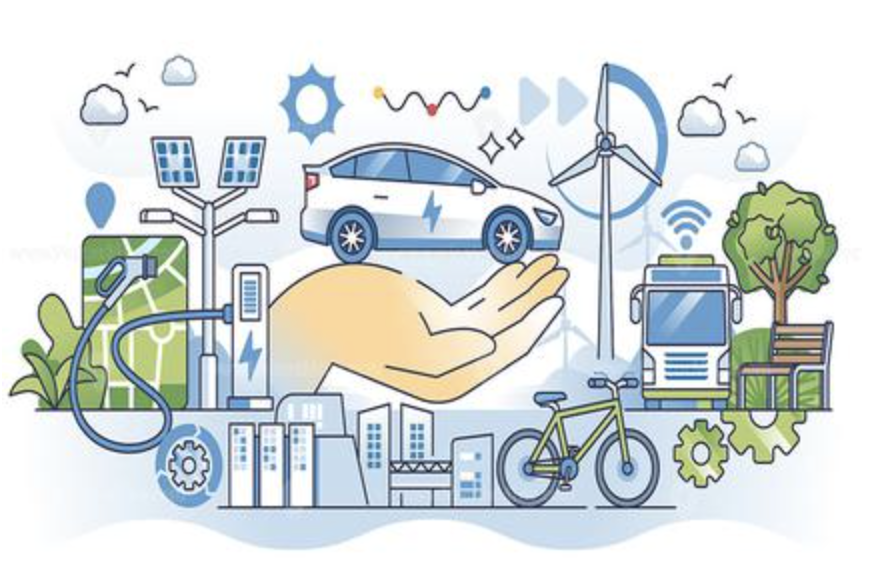EVs Unveiled: Truly More Eco-Friendly?
Electric vehicles are recognized as the next generation of environmentally friendly transportation, yet a persistent query remains among knowledgeable consumers: are they genuinely more eco-conscious? The response is not straightforward; it depends on the entire lifespan of the vehicle, starting from the production of batteries to their eventual disposal, as well as the energy sources that fuel them. For individuals who value luxury alongside ecological responsibility, understanding these nuances is crucial for making knowledgeable choices.

The Environmental Impact of Batteries
Electric vehicle batteries carry hidden implications: the extraction of essential minerals like cobalt and lithium. Conventional mining practices can exhaust water supplies—certain lithium extraction sites in Chile consume over 500,000 gallons of water for each ton of lithium mined—and displace local wildlife habitats. Nevertheless, high-end EV manufacturers are spearheading improvements: Tesla’s innovative 4680 batteries utilize lesser amounts of cobalt, while Rivian obtains lithium from geothermal brines, accomplishing a 90% reduction in water consumption. Additionally, the prevalence of recycled battery components is increasing, with firms such as Redwood Materials recovering 95% of metals from previously used batteries, thereby enhancing sustainability.
Production: From Factory to Use
The production of electric vehicles demands significant energy, yet luxury car manufacturers are rethinking their production facilities. The Leipzig factory operated by BMW is powered entirely by renewable energy and employs recycled aluminum, achieving a 95% decrease in carbon emissions compared to traditional production methods. Volvo's facility for electric vehicles located in South Carolina achieves carbon neutrality, utilizing rainwater collection systems and wind energy to counterbalance any residual emissions. For buyers, this signifies that the environmental impact of luxury electric vehicles is rapidly diminishing, enhancing their sustainability right from the start.

The sustainability of electric vehicles hinges on a circular approach. Upscale brands are initiating battery repurposing schemes: older EV batteries that retain 70-80% of their capacity are repurposed for energy storage from solar power in residential or commercial settings. Audi's "Second Life" program transforms retired batteries into fixed energy storage solutions, whereas Jaguar Land Rover collaborates with energy companies to establish extensive storage units. This approach not only reduces waste but also gives electric cars a secondary function that extends their positive impact on the environment.
Total Ownership Costs: Eco-Friendly Savings
Throughout their lives, electric vehicles surpass gasoline-powered cars in terms of ecological benefits. They consist of fewer moving components, thereby decreasing maintenance requirements and reducing waste. High-end electric vehicles such as the Porsche Taycan emit no tailpipe pollution, enhancing urban air quality. For owners, this results in lower costs over time—eliminating oil changes and minimizing repairs—alongside the reassurance that their daily travel is less detrimental to the environment. In conjunction with intelligent home energy systems, electric vehicles can also contribute to grid balance by charging during non-peak times, aiding the integration of renewable energy sources.

The Path to Genuine Sustainability
While electric vehicles are not without flaws, they represent an important progression towards a more environmentally friendly future—particularly when selected with care. For savvy consumers, the focus should be on looking past promotional claims and identifying brands that emphasize full lifecycle sustainability, encompassing responsible mineral extraction to circular end-of-life strategies. As advancements in technology continue and the infrastructure evolves, electric vehicles are poised to enhance their eco-friendliness. The reality is that they represent not only the future of luxurious travel but also the advancement of sustainable practices on the roads.
(Writer:Weink)





